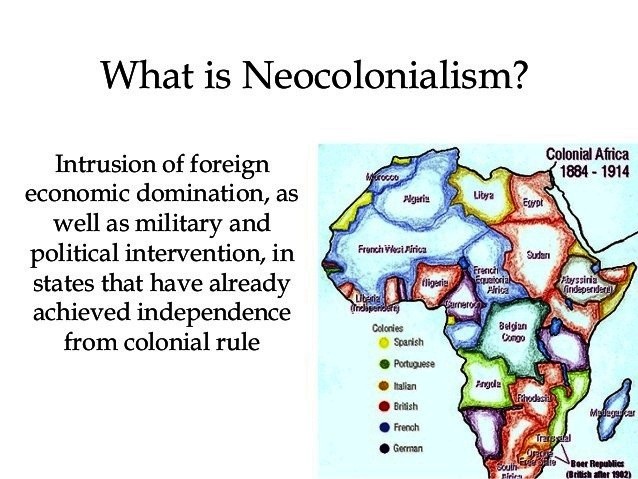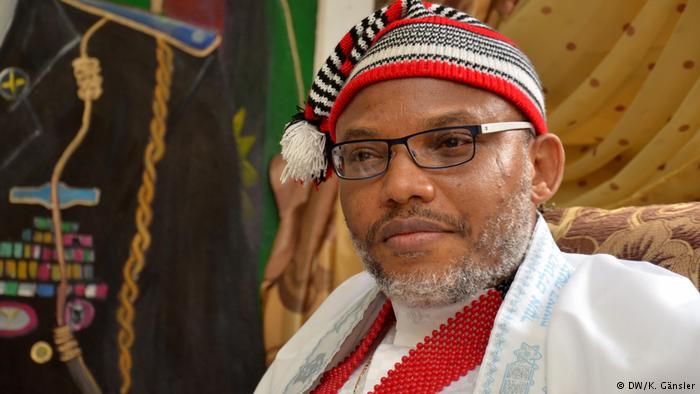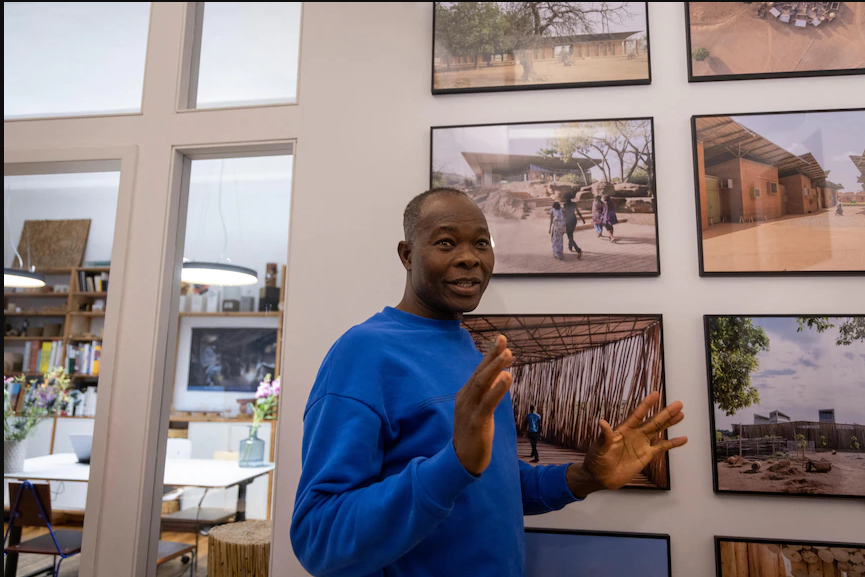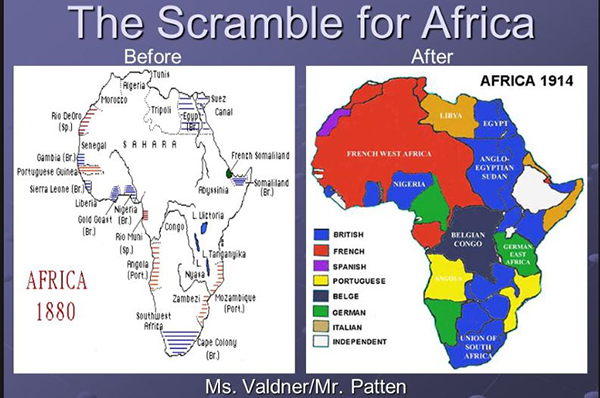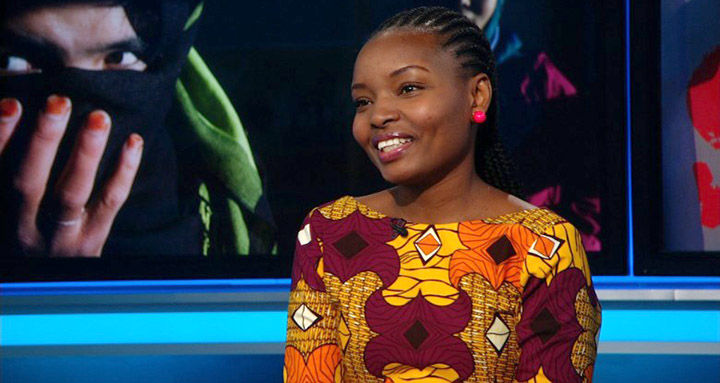Building a new school and borehole is a significant milestone in the development of a community, particularly in areas where access to education and clean water is limited. Adaklu Blidokope, a small village in the Volta Region of Ghana, completed the construction of a six-unit classroom, a store, a teachers' office, and a borehole with the help of TopAfric, a non-governmental organization based in Germany.

For years, the children of Adaklu Blidokope were attending classes under trees or in a dilapidated classroom block that posed risks to their safety and hindered their ability to learn effectively. Recognizing the importance of education in transforming lives and boosting community development, the Adaklu Blidokope community sought assistance from TopAfric to raise funds for the construction of a new school and a borehole.
The completion of the six-unit classroom, store, and teachers' office signifies a new chapter in the lives of the children in the immediate communities. With proper infrastructure, these children can now learn in a safe and conducive environment that promotes effective teaching and learning. The new facilities will also attract qualified teachers who are essential in providing quality education to the students.

In addition to the school building, the construction of a borehole is another significant achievement for the community. Access to clean water is crucial for the well-being and health of the community members. Prior to the borehole's completion, the community relied on open water sources, which were often contaminated and posed serious health risks. The provision of clean water through the borehole will greatly improve the living conditions of the community, reducing the prevalence of waterborne diseases and saving precious time previously spent on searching for water.
Unfortunately, the borehole could not yield enough water as anticipated.
The successful completion of the school building and borehole in Adaklu Blidokope is a testament to the power of collaboration and the impact that non-governmental organizations can have on transforming communities. It highlights the determination and resilience of the community in their pursuit of a better future for their children.
The partnership between the community and TopAfric exemplifies the significance of international cooperation in addressing the challenges faced by disadvantaged communities. By leveraging resources and expertise from different parts of the world.
Challenges Faced:
Inflation:
The project encountered a significant challenge in the form of inflation, which led to an explosion in the prices of building materials and labour costs. This unexpected surge in costs had a profound impact on the project budget, necessitating careful financial management and adjustment of expenditure priorities.
Work Ethic of Workers:
Another challenge faced during the project was related to the work ethic of the people. Workers often started their tasks late and closed early, displaying a lack of respect for scheduled work hours. This issue not only affected project timelines but also added to the overall project complexities.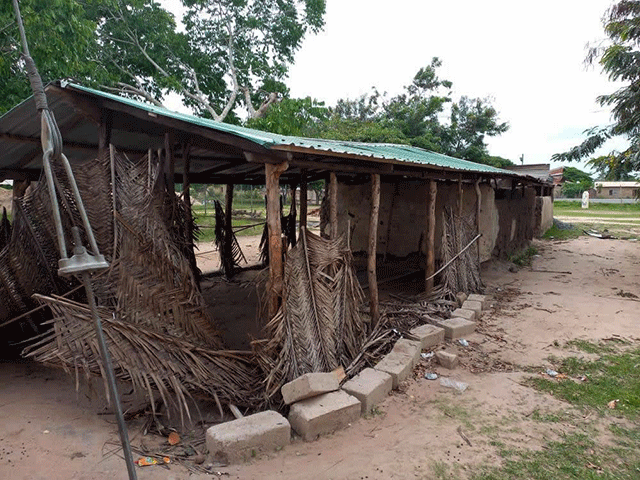
Project Delays:
Due to the combined impact of inflation and the inconsistent work ethic of the labour force, the project could not be completed as initially scheduled. Delays in construction timelines presented additional challenges, including increased costs and disruptions in the community's access to the new facilities.
The completion of the school building and borehole not only provides immediate benefits to the community but also holds the promise of a brighter future. Education is a powerful tool that empowers individuals and communities, and access to clean water is essential for health and well-being.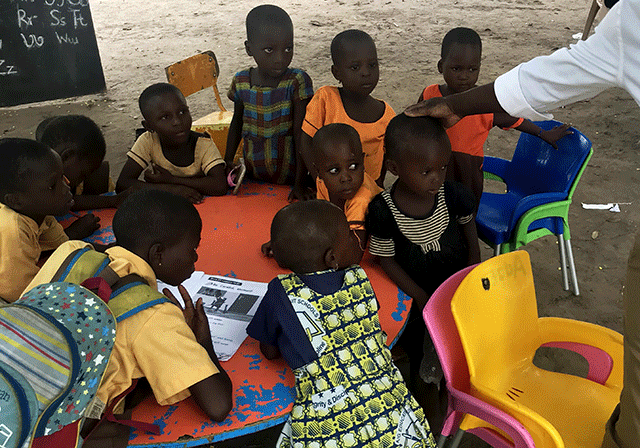
Finally, a million thanks to you…
We could not have done it without your support.
Desmond John Beddy






